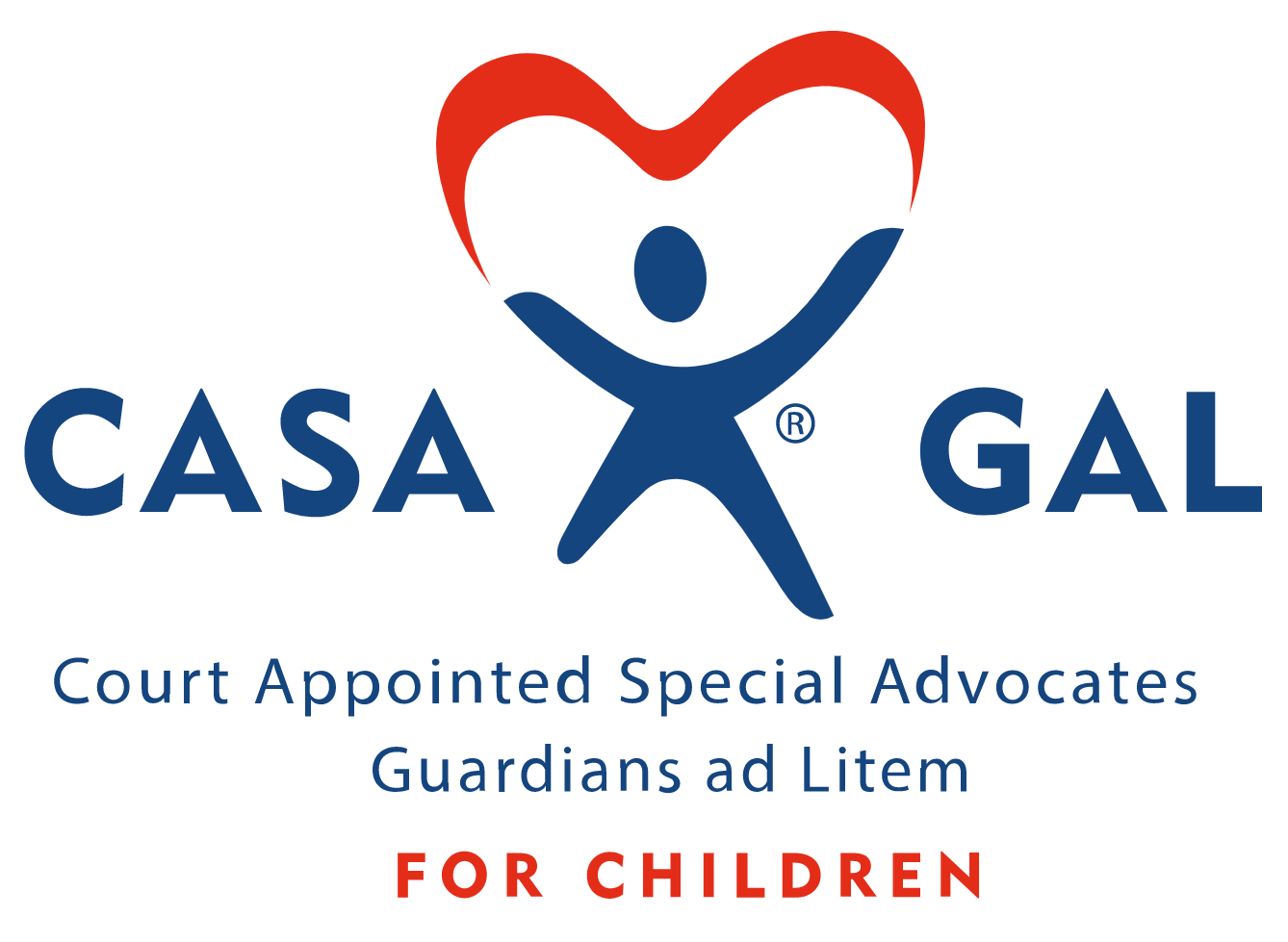Follow Us x
What is a CASA volunteer?
A Court Appointed Special Advocate (CASA) volunteer is a trained citizen who is appointed by a judge to represent the best interests of a child in court. Children helped by CASA volunteers are victims of abuse and neglect.
What children are assigned CASA volunteers?
Children who are victims of abuse and neglect and become wards of the court are assigned CASA volunteers.
How long does a CASA volunteer remain involved?
The volunteer continues until the case is permanently resolved. One of the primary benefits of the CASA program is that, unlike other court principals who often rotate cases, the CASA volunteer is a consistent figure in the proceedings and provides continuity for a child.
Are there other agencies provide a similar services?
No. There are other child advocacy organizations, but CASA is the only program where volunteers are appointed by the court to represent a child's best interests.
How effective are CASA Programs?
Preliminary findings show that children who have been assigned CASA volunteers tend to spend less time in court and less time in the foster care system than those who do not have CASA representation. Judges have observed that children who have a CASA volunteer also have better chances of finding permanent homes.
How much time does it required to volunteer?
Each case is different. A CASA volunteer usually spends about 10 hours doing research and conducting interviews prior to the first court appearance. More complicated cases take longer. Once initiated into the system, volunteers work about 10 hours a month.
Does the federal government support CASA?
CASA is a priority project of the Department of Justice's Office of Juvenile Justice and Delinquency Prevention. The office encourages the establishment of new CASA programs, assists established CASA programs, and provides partial funding for the National CASA Association.
Do lawyers, judges and social caseworkers support CASA?
Yes. Juvenile and family court judges implement the CASA program in their courtrooms and appoint volunteers. CASA has been endorsed by the American Bar Association, the National Council of Juvenile and Family Court Judges, and the Office of Juvenile Justice and Delinquency Prevention of the U.S. Department of Justice.
How many CASA programs exist?
There are over 900 CASA programs in every state across the country, including Washington DC and the U.S. Virgin Islands. There are 18 programs in Louisiana.
How many cases on average does a CASA volunteer have?
The number varies from jurisdiction to jurisdiction, but an average caseload is one to two.
How do CASA volunteers advocate for children?
CASA volunteers offer children trust and advocacy during complex legal proceedings. They help explain to the child the events happening involving the case, reasons they are in court and the roles of the judge, lawyers and case workers. While remaining objective observers, CASA volunteers also encourage the child to express his or her own opinion and hopes about the case.
Is there a "typical" CASA volunteer?
CASA volunteers come from all walks of life and possess variety of professional, educational and ethnic backgrounds. There are more than 75,000 CASA volunteers nationally and many volunteers statewide.
How are CASA volunteers different from attorneys?
The CASA volunteer does not provide legal representation in the courtroom−that is the role of the attorney. However, the CASA volunteer does provide crucial background information that assists attorneys in presenting their cases. It is important to remember that CASA volunteers do not represent a child's wishes in court. Rather, they speak for the child's best interests.
How are CASA volunteers different from social service?
Social workers generally are employed by the state working many as cases at a time. The CASA volunteer has a smaller caseload (average of 1-2 cases) and more time to investigate a case. The CASA volunteer does not replace a social worker on a case; they are an independent appointee of the court. The CASA volunteer thoroughly examines a child's case, knows about various community resources and makes recommendations to the court independent of state agency restrictions.
What is the role of a CASA volunteer?
A CASA volunteer provides a judge with carefully researched background details about the child to help the court make a sound decision about that child's future. Each case is as unique as the child involved. The CASA volunteer must determine if the best interest of the child is staying with their parents or guardians, remaining in foster care, or being freed for permanent adoption. The CASA volunteer makes a recommendation on placement to the judge and follows through on the case until it is permanently resolved.
How does a CASA volunteer investigate a case?
To prepare a recommendation, the CASA volunteer talks with the child, parents, family members, social workers, school officials, health providers and others who are knowledgeable about the child's history. The CASA volunteer also reviews all records pertaining to the child−school, medical, case worker reports and other documents.

